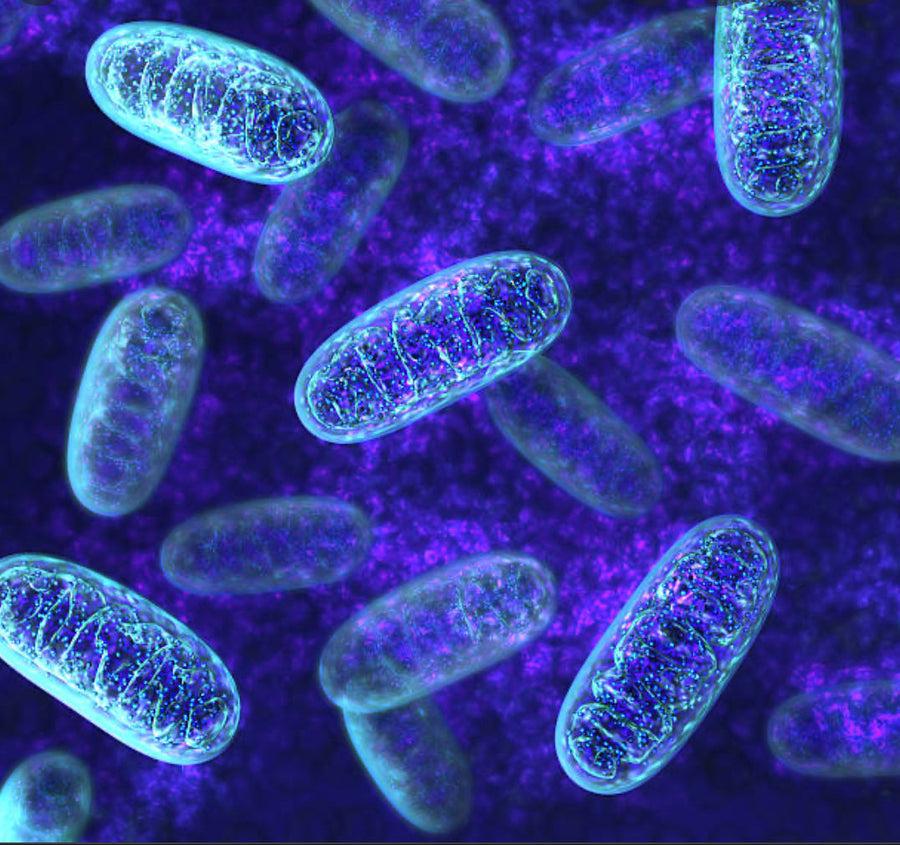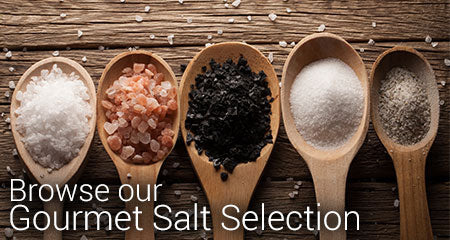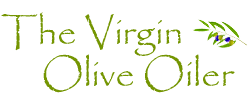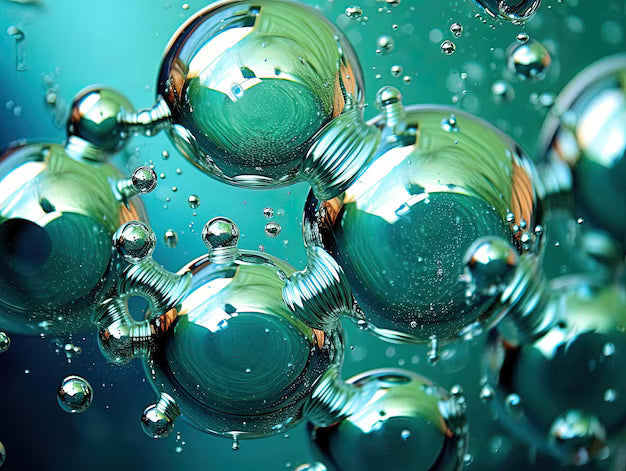Do You Have Low Energy? - Upgrade Your Power Supply # EVOO - Blog # 64

Hello Everyone! Welcome back to another Friday blog. Do you feel tired or have low energy? It could be that your mitochondria are dysfunctional, low in number, or overworked and fatigued. After all, it’s very hard work to make energy. Let’s delve in.
So, how do we make energy? Most people remember from biology that there is a small organelle inside our cells in charge of making energy, called a mitochondria. Mitochondria are the batteries of the cell. They basically utilize oxygen to combust our food and produce energy for us in the form of ATP (adenosine triphosphate) via oxidative phosphorylation and the ETC (electron transport chain). This is dependent on the respiratory capacity of mitochondria and oxygen availability. Energy harnessed from the ETC is used for the biosynthesis of products, such as metabolic precursors and products to clear or utilize waste products.
However, mitochondria do more than just make energy for us. “Mitochondria catabolize nutrients for energy, generate biosynthetic precursors for macromolecules, compartmentalize metabolites for the maintenance of redox homeostasis, and function as hubs for metabolic waste management.” Essentially, they break down larger molecules into smaller ones that can be used for energy as well as helping to synthesize molecules involved in repair and maintenance of our DNA. They are also involved in the biosynthesis of nucleotides, fatty acids, cholesterol, amino acids, glucose and heme. These are very important jobs! We cannot produce enough energy without them. We cannot survive without them. If our mitochondria numbers are low and poorly functioning you can see how metabolic waste could build up, DNA damage would go unmitigated and energy production would decline. Inflammation in our bodies comes from our mitochondria! If our mitochondria are dysfunctional - we get disease - So, enhancing mitochondrial function should prevent or reverse disease - right?
What many of us don’t know is that mitochondria are genetically kin to bacteria. These important organelles have their own DNA and are inherited only from your mother. “Mitochondria appear to be phylogenetically related to Rickettsiales bacteria, and chloroplasts to nitrogen-fixing filamentous cyanobacteria.” The theory is that these bacteria were engulfed by eukaryotic cells in an endosymbiotic relationship. We now know that their ‘sister’ microbes, that live in our intestines (microbiota), literally communicate via ‘text messages’ chemical or gaseous post-biotic messages! WHAT!??? This cross-talk between the microbiota and mitochondria is crucial to disease prevention, particularly in immune response. This communication is called the Transkingdom Communication System. It’s discovery is being compared to decoding Enigma during WWII.
We now know there is a strong correlation between gut microbe quality and diversity and mitochondrial function. When exposed to a pathogen, mitochondria increase production of ROS (reactive oxygen species) to assist the immune system in wiping out the bad player. In turn, the microbiota produce damaging post-biotic messages that interfere with mitochondrial respiration and function. So, leaky gut causes mitochondria to increase ROS production, which increases inflammation in our bodies, damages our mitochondria - they slow production of ATP or even die.
Mitochondria are concentrated in tissues that require a lot of energy. For example, the heart muscle has a very high concentration with around 500 per cell. Bain has even more, since it is the biggest energy hog of the body. Skeletal muscle, intestine, liver, kidneys and brown fat are also places of high concentration of mitochondria. They can become damaged and die, resulting in low energy, dysfunction and eventually disease. How does this happen? Around 2500 years ago Hippocrates stated ‘all disease begins in the gut.’ Research is proving him right. When we eat foods with gluten, glyphosate or leptins this causes the tight-junctions in the lining of our intestines to open, allowing undigested food particles, bacteria, viruses and literally sewage to leak out into the body. Roughly 60-70% of our immune system resides here! Our immune system is another big energy hog. It perceives an invasion and a full attack ensues. Other organ systems give up energy to give the immune system the power it needs to go to war. This causes brain fog and low energy.
So, HOW do we UPGRADE our power supply and give our mitochondria the right foods, rest and oxygen to operate optimally and enhance energy production and performance?
- Feed your intestinal microbiota - Create a healthy gut microbiota (garden) that is diverse and able to produce health promoting post-biotic messages that tell the mitochondria what to do. They literally direct the mitochondria to make more energy or less energy. Give them the pre-biotics or fiber they need to survive. Avoid antibiotics, glyphosate, lectins (grains, beans) processed and ultra-processed foods. **The lectins in beans can be reduced or removed through soaking and pressure-cooking.**
- Eat Organic - glyphosate is sprayed on roughly 70% of our food. It is an antibiotic/herbicide that wipes out your intestinal microbiota, interferes with mitochondrial production of ATP, causes leaky gut and increases ROS inducing low-grade chronic inflammation throughout the body. Since it kills bacteria, yeast and fungi, it kills the gut microbes and your mitochondria by interfering with their metabolism. (shikimate pathway).Check out Blog #50
- Time-Restricted Eating - This is a way for mitochondria to be less efficient or rest. “Mitochondrial inefficiency through proton leak, which uncouples substrate oxidation from ADP phosphorylation, can comprise as much as 30% of the basal metabolic rate. This uncoupling is hypothesized to protect cells from conditions that favor ROS production…Mitochondrial uncoupling is implicated in lifespan extension through its effects on metabolic rate and ROS production.” Every time we eat, our mitochondria have to work. When we extend the fasting time and narrow the eating window, we allow our mitochondria to do some internal house cleaning by getting rid of the old ones (mitophagy) and make new more powerful ones. We can see this by the browning (brown fat has high numbers of mitochondria) of white adipose tissue (white fat). Check out Blog #41 on autophagy!
- Nutrition - Many vitamins and micronutrients are required for mitochondrial function such as vitamins B, C, E, selenium (mitochondrial biogenesis), zinc, caffeine, coQ10, alpha lipoic acid, carnitine and melatonin. When we take a statin drug, it interferes with mitochondrial production of ATP. “Statins have several effects on mitochondria including reduction of coenzyme Q10 level, inhibition of respiratory chain complexes, induction of mitochondrial apoptosis, dysregulation of Ca2+ metabolism, and carnitine palmitoyltransferase-2 expression. The use of statins has been associated with the onset of additional pathological conditions like diabetes and dementia as a result of interference with mitochondrial pathways by various mechanisms, such as reduction in mitochondrial oxidative phosphorylation, increase in oxidative stress, decrease in uncoupling protein 3 concentration, and interference in amyloid-β metabolism.”
- Sunlight Exposure - When you get bright sunlight early in the morning, your nocturnal melatonin production occurs sooner to ready you for sleep, not to mention the benefits of vitamin D3 production. Repeated sunlight exposures increase nocturnal melatonin rise. Melatonin also offers UV protection. At night (in the absence of light), our pineal gland produces melatonin, but most of our melatonin is produced by MITOCHONDRIA!!!
- Melatonin has many functions including being a super antioxidant, protecting mitochondria by scavenging reactive oxygen species (ROS) and activating uncoupling proteins.
- “Melatonin is a powerful anti-obesogen being responsible, in part, for the daily distribution of metabolic processes so that the activity/feeding phase of the day is associated with high insulin sensitivity, and the rest/fasting is synchronized to the insulin-resistant metabolic phase of the day.
- melatonin is responsible for regulating energy flow and expenditure by activating brown adipose (fat) tissue and participating in the browning of white adipose tissue.
- Melatonin functions much like a chloroplast in plants and evolved in photosynthetic cyanobacteria. Mitochondria rely on the antioxidant action of melatonin to survive. If mitochondrial melatonin production is disturbed, ROS goes way up causing damage and massive inflammation to the mitochondria and to us. “Loss of melatonin, a potent antioxidant in mitochondria, has serious consequences in terms of enhanced oxidative stress and diminished ATP production accompanied by elevated ROS/free radical generation.”
- Hot and Cold Exposure - When we take a hot bath or use a sauna our mitochondrial function improves. If we then expose ourselves short-term to a cold shower or cold plunge, our mitochondria numbers increase. This is hormesis - what doesn’t kill you makes you stronger - In response to say a cold shower x 1 minute, you feel like you’re going to die. Your mitochondria are freaking out trying to make energy to warm your body. The weak ones actually die. Afterwards, you have a LOT more energy and feel alive. Your mitochondria realize - we may have to do that again, so they get rid of the older and non-functioning mitochondria and make new upgraded ones in higher numbers so they can produce more heat! This is too cool! No pun intended
- Exercise - “Physical exercise regulates MQC (mitochondrial quality control) allowing the repair/elimination of damaged mitochondria and synthesizing new ones, thus recovering the metabolic state.” Even walking 20 min/day improves mitochondrial function. A new study published Feb 2022 reported consuming HP-EVOO in combination with exercise helps restore mitochondrial function in skeletal muscle.
- Breathwork & Stress Reduction - Mitochondria use oxygen to burn glucose and fat. If you are anemic and can't carry adequate oxygen, your mitochondria are in trouble. Research shows that doing deep breathing and relaxation techniques enhance mitochondria respiration and function! This reduces cortisol production due to chronic stress, which enhances mitochondrial function. AVOID SMOKING!!! This kills mitochondria.
- HP-EVOO - high polyphenol EVOO provides powerful antioxidants that attenuate oxidative damage by hydrogen peroxide and improving function of mitochondria. “Phenolics including oleuropein, oleocanthal, hydroxytyrosol and tyrosol found in EVOO have strong antioxidant properties against the oxidative stress in brain tissue and showed a protective effect on mitochondria by restoring mitochondrial enzymatic activities.” We also know by now that HP-EVOO has amazing healing effects on our gut lining as well as the health of our microbiota. There is a new clinical trial studying the effects of EVOO polyphenols on mitochondrial diseases. If you’re interested check it out here.
So, until next time my friends…Drink, Drizzle, Digest HP-EVOO at least 4T raw daily, - use more for cooking and drizzling onto your food - eat the rainbow of organic or wild-sourced or organic veggies (7-9 C) and low-glycemic fruits (to get the rainbow of gut microbes!) - eat wild-caught, pasture-raised, grass-fed - get plenty of sunshine - supplement magnesium, zinc, vitamin D3 + K2 - get your trace minerals and electrolytes with good sea salt - Celtic is hand-harvested and Himalayan was formed before plastics - eat foods high in lutein - drink your body weight in oz of water - get a good pre/probiotic - consume digestible and indigestible fiber for your gut microbes - adaptogens (such as mushrooms) and methylation donors (kale, beets, spinach, cruciferous, lion’s mane…), marjoram, rosemary, oregano, parsley and other herbs to detox, enhance overall health and reverse aging and disease - exercise your body and mind - add a few minutes of mindful meditation and breathing exercises to your day to combat stress - take a hot Epsom salt bath and follow with a cold shower/ice plunge - practice “earthing” as an anti-inflammatory - remove EMF (electromagnetic frequency) devices and blue light - use IR (infrared) from incandescent lighting, non-toxic candle or light a fire to enhance sleep and...turn off the light!! #HP-EVOO
This blog is intended for informational purposes only. Discuss strategies with your Healthcare Practitioner.






